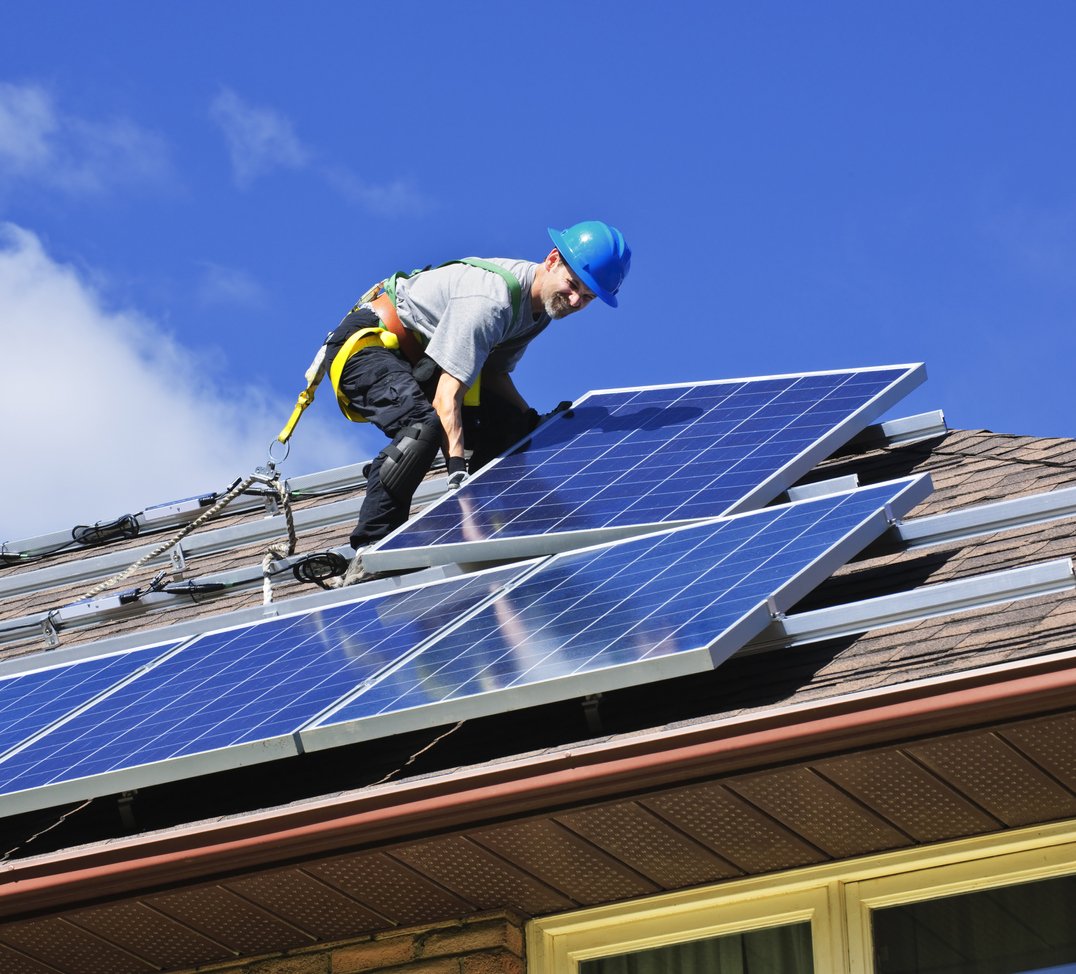Understanding MCS Accreditation
Reading time: 6 minutes
What is the MCS for?
The MCS was set up in 2007 with the purpose of ensuring a high standard of production and installation of technologies that have a low carbon output. It is a globally recognised quality assurance scheme that’s supported by the Department of Energy and Climate Change. Another benefit of this is by having clear quality controls, this improves customer confidence in low carbon energy products.
As initiatives such as Feed in Tariffs and the Renewable Heat Incentives were introduced, consumers wanted to be sure products that accommodated these initiatives were safe and worked as expected. Now consumers can have peace of mind when having sustainable systems installed for their power, hot water and heating. Perhaps more importantly, MCS accredited products and installation is required in order to make claims on government scheme support, rebates or subsidies.
What does the MCS cover?
The certification scheme covers a wide range of renewable products, including solar panels and collectors. It should be mentioned that there’s already the CEN Solar Keymark Scheme, set up by the Comité Européen de Normalisation (European Committee for Standardisation). However, this initiative only covers the production of solar collectors, not their installation, nor other sustainable products.
Renewable technologies covered by the MCS includes:
-
Heat pumps up to 45kW
-
Biomass boilers up to 45kW
-
Solar photovoltaic (PV) panels up to 50kW
-
Solar heating collectors up to 45kW
-
Combined heat and power (CHP) boilers up to 45kW for heating and 50kW for electricity
-
Micro hydroelectric systems up to 50kW
How can I get an MCS accreditation?
In order to become an MCS-accredited installer, there is a fairly involved process to follow. This is broken down into four distinct steps:
- Commitment to Customer Care
- Commitment to Quality Workmanship
- Demonstrate Competency
- Committing to Continued Improvement
Do I need to be MCS certified to install solar panels?
While MCS accreditation is voluntary, many consumers will understand the importance of the MCS for installation of renewable systems. For many commercial projects, they will have an approved suppliers list, or set requirements for product quality levels, installers and maintenance teams.
There are different types of standards and accreditations covering installations of this kind, including solar panels, collectors, biomass boilers, heat pumps and more. However, MCS is one of the broadest accepted standards in the UK and internationally.
Today’s construction industry demands continued understanding of sustainable energy, with many contractors and installers finding their speciality. Having an accreditation like MCS does have the potential to be very valuable for companies working on commercial building projects as well as home improvements.
For further trade advice, we have guidance and help for contractors across the construction industry.
Disclaimer: The information contained on this page is intended as an overall introduction and is not intended as specific advice from a qualified professional. Travis Perkins aims to avoid, but accepts no liability, in the case that any information stated is out of date.




